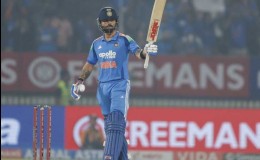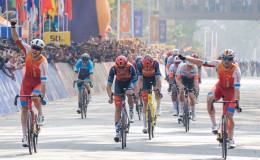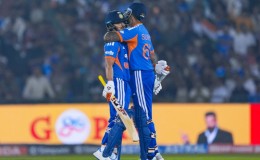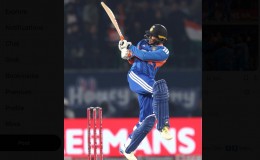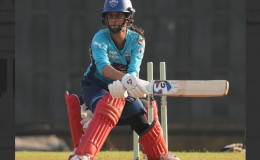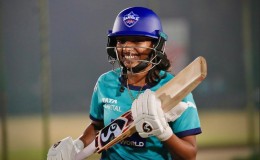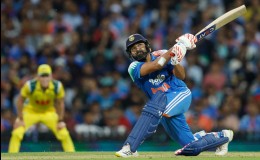Football in India has a rich, vibrant history filled with legendary players who have made an indelible mark both nationally and internationally. From the golden days of the 1950s and 60s to the rise of modern icons, Indian football has witnessed stars who have not only brought glory but also inspired generations. These legends, with their skill, leadership, and passion, paved the way for the sport’s growth across the country. In this article, we celebrate the top 10 football legends of India — players whose legacy continues to shape Indian football's present and future.
1. Sunil Chhetri
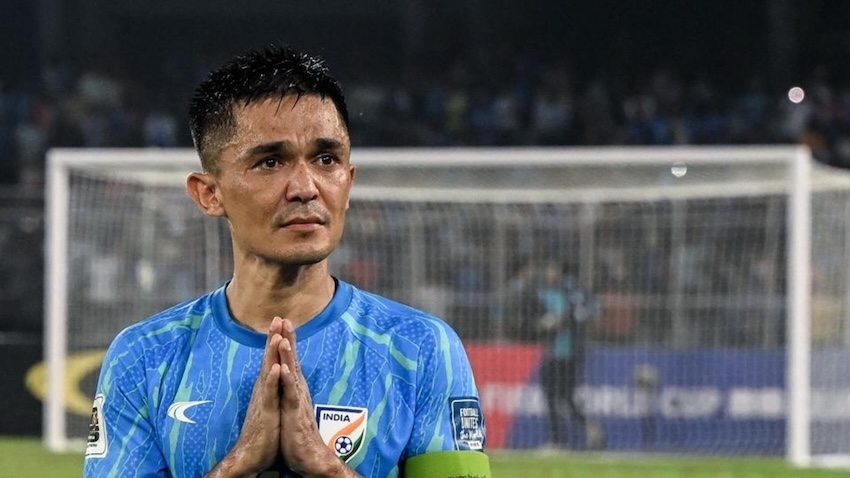
India’s all-time top goal scorer, Sunil Chhetri is the face of modern Indian football. With 95 international goals, he ranks among the highest active scorers globally, alongside Cristiano Ronaldo and Lionel Messi. Known for his clinical finishing and incredible work ethic, Chhetri has led India to multiple SAFF Championship victories and was instrumental in AFC Cup campaigns. He’s also a role model off the field, actively promoting fitness and the growth of football in India. His leadership and consistency have earned him the Khel Ratna, Padma Shri, and Arjuna Awards.
2. Biachung Bhutia

The most popular footballer in Indian history, Bhutia is the face of Indian football around the world. He is the captain of Indian team and is very agile, acrobatic and scores vital goals. He is one of the first to venture overseas and play for Bury FC in England. As a player and leader, his contribution to the team’s success is immense. He is often nicknamed the Sikkimese Sniper because of his shooting skills in football. Three-time Indian Player of the Year I. M. Vijayan described Bhutia as "God''s gift to Indian football".
3. Subimal Chuni Goswami
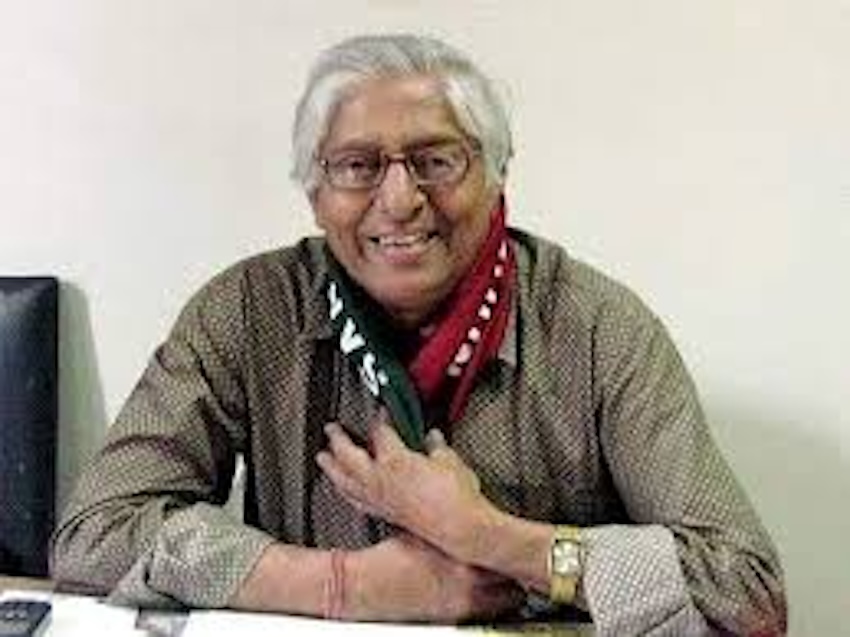
Goswami was born on 1938, in Kishoregunj, Bengal. During the golden era of Indian football, Chuni Goswami was one of the mainstays of the national team. Goswami started his professional career with the Mohun Bagan Club in 1954. In the 1950s and 60s, India did well in the international stage riding on the skills of Goswami and a host of other capable players. The best part of Chuni Goswami`s career was the football gold at the 1962 Asian Games in Jakarta. In the final, the Goswami-led team defeated South Korea 2-1, with goals coming from P.K. Banerjee and Jarnail Singh. Chuni Goswami was bestowed with the Arjuna Award in 1963 and the Padmashri in 1983.He has represented West Bengal in Cricket.
4. P K Banerjee:
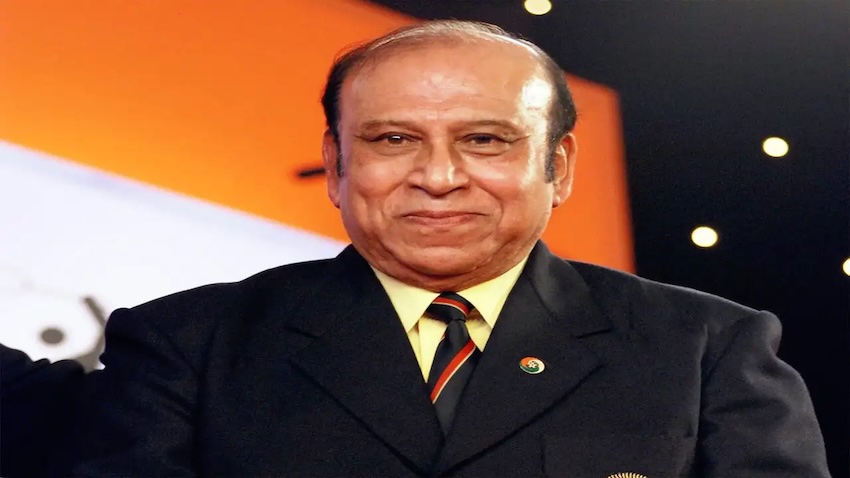
P K Banerjee was born on 1936, in Jalpaiguri, Bengal. He was one of the stalwarts of the formidable Indian football squad that made a name for itself in the international stage. Banerjee had captained the national team at the 1969 Rome Olympics.
Banerjee represented India in three Asiads from 1958 to 1966. In the 1962 edition, India clinched the gold medal with Banerjee scoring against all the teams except South Korea. Post-retirement, Banerjee coached the Calcutta giants Mohun Bagan and East Bengal and was associated with the national team for a long time. In 1961, P. K. Banerjee became the first-ever footballer to receive the Arjuna Award.
5. Peter Thangaraj:
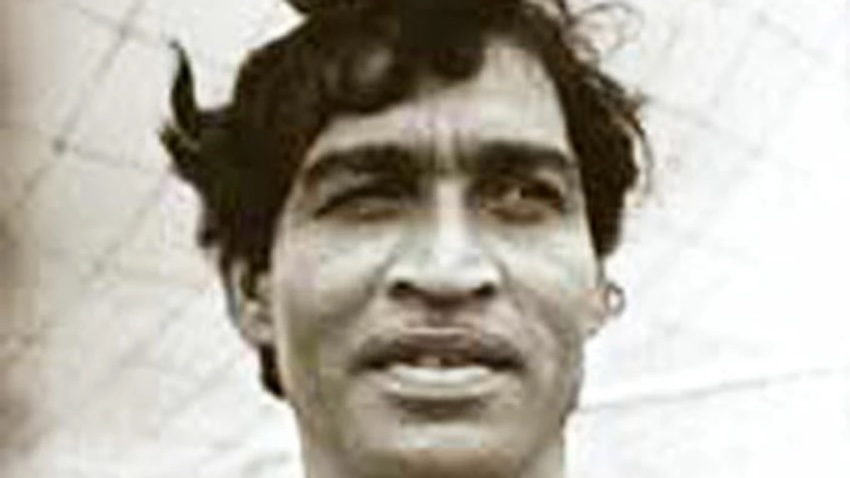
Peter was born in 1936, in Andhra Pradesh. Peter Thangaraj is one of the best goalkeepers that India has ever produced. Thangaraj was one of the pioneers of the Indian team that participated in the 1956 Melbourne and 1960 Rome Olympics. When India clinched the gold at the 1962 Jakarta Asian Games, Thangaraj was the custodian of that team. He was named the Best Goalkeeper of Asia in 1958 and awarded the Arjuna Award in 1967. At the domestic circuit, Thangaraj earned accolades playing for Calcutta giants like Mohun Bagan, East Bengal and Mohammedan Sporting. He was part of the Bengal team, which continuously won the Santosh Trophy from 1961 to 1964. “The lamp-Post” as he was known during his playing days was a towering personality under the bar.
6. I M Vijayan:
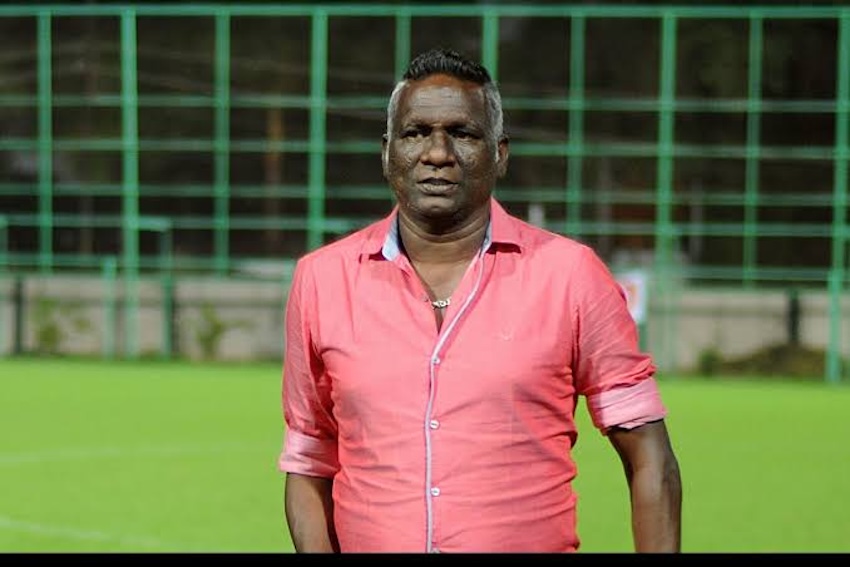
I M Vijayan was born on April 25, 1969, in Thrissur, Kerala. He was one of the most versatile strikers of Indian football nicknamed as “Black Pearl” of Indian Football. Vijayan made his international debut in 1989 and spearheaded the Indian attack in various tournaments starting with the Nehru Cup, Pre-Olympics, Pre-World Cup, SAAF Cup and SAF Games. Vijayan was the first footballer from Kerala to win the Arjuna Award and was adjudged the `Best footballer of the year` in 1993, 97 and 99. In the 1999 SAAF Games, Vijayan earned the unique distinction of scoring the fastest ever-international goal when just after 12 seconds of match start against Bhutan. The last match, before his retirement, he signed off in style in the 2003 Afro-Asian games where he emerged the top scorer with four goals.
7. Syed Abdul Rahim
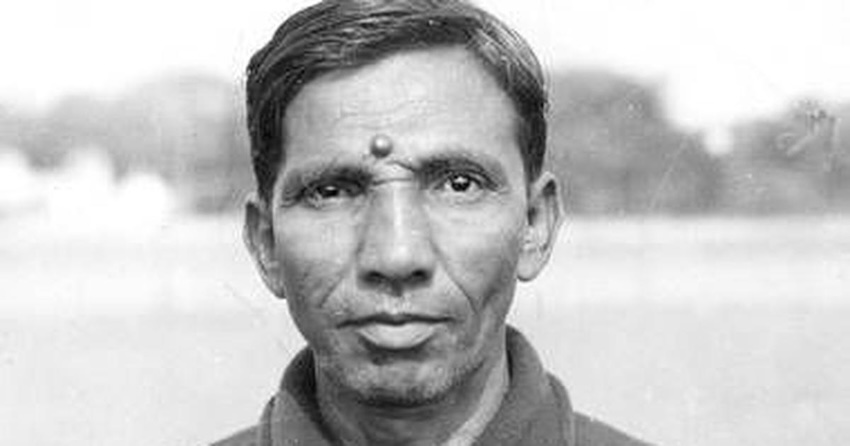
Though not a player, Syed Abdul Rahim was the architect behind India’s golden era in football. As head coach from 1950–1963, he led India to its best finishes, including a 4th place at the 1956 Olympics and gold at the 1962 Asian Games. Rahim was a tactical genius who modernised Indian football with discipline and planning. He scouted and developed stars like Chuni Goswami, PK Banerjee, and Tulsidas Balaram. His influence was so profound that his coaching methods are still studied today. The 2022 film Maidaan is based on his life.
8. Gostha Pal
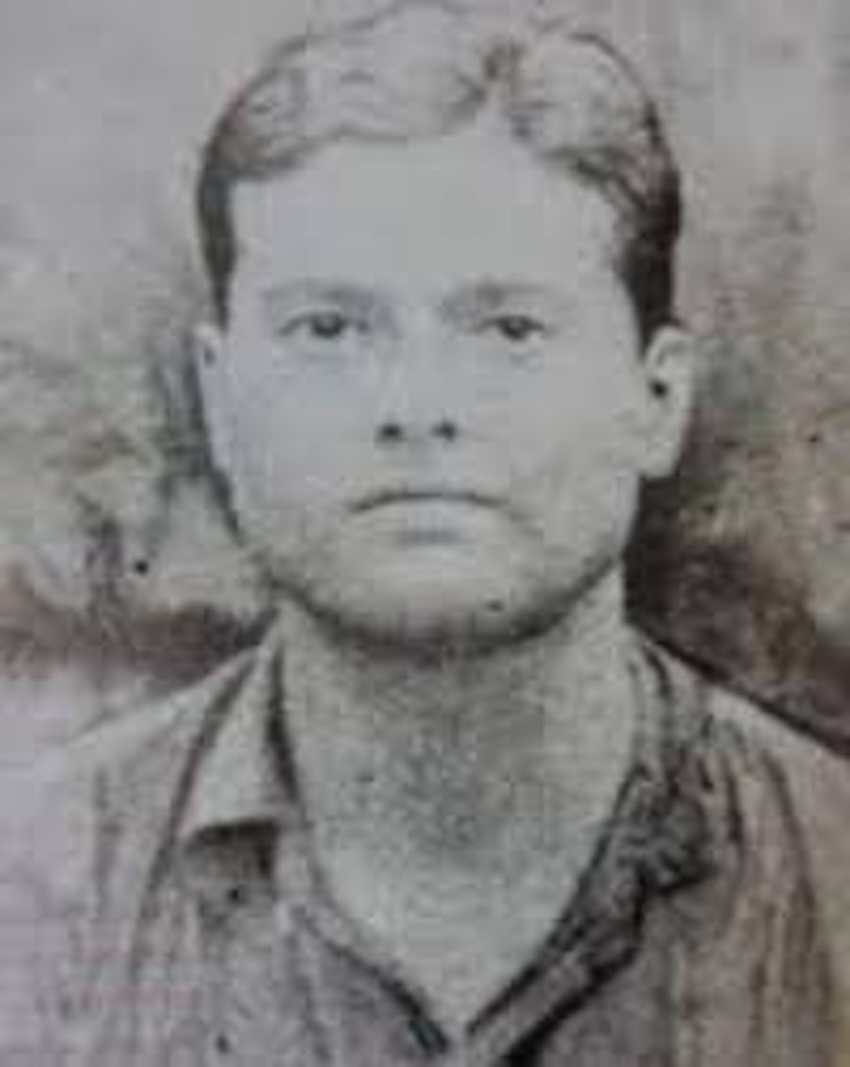
Known as “The Great Wall of India,” Gostha Pal was one of the first footballing heroes from colonial India. A rock-solid defender who played for Mohun Bagan, he gained fame in the 1920s and 1930s for his fearless style and leadership. Pal captained India in the 1920s and was one of the earliest sports personalities to receive public adoration nationwide. He was the first footballer to receive the Padma Shri in 1962. Even a century later, he remains a symbol of Indian resilience and pride on the football field.
9. Tulsidas Balaram
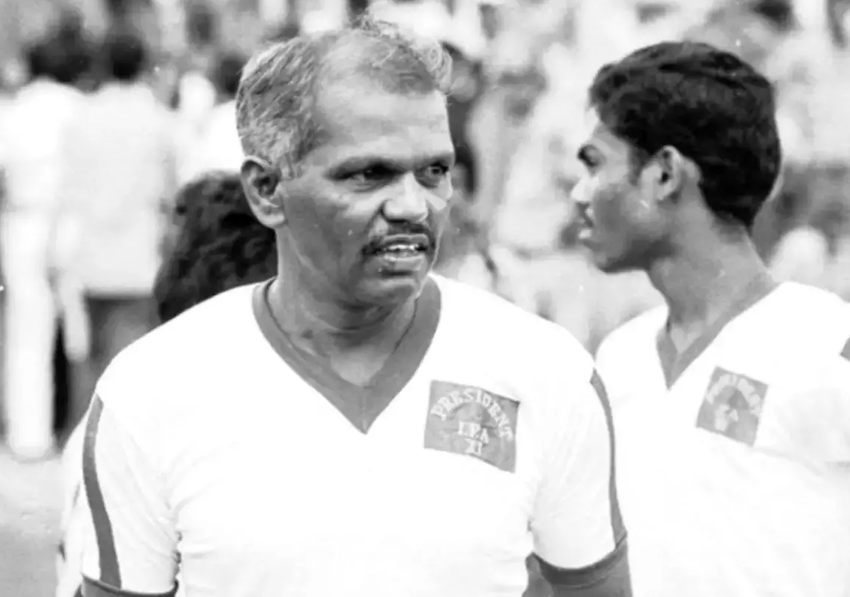
An essential member of India’s golden trio (alongside Chuni Goswami and PK Banerjee), Tulsidas Balaram was a prolific striker with exceptional control and finishing. He played for India in two Olympic Games and was instrumental in winning the 1962 Asian Games gold. Representing East Bengal and later Railways, he scored numerous decisive goals for club and country. Balaram was known for his modesty and devotion to the sport. Though less celebrated than his peers, his technical skill and sharp goal-scoring ability made him a legend in Indian football.
10. Subrata Paul
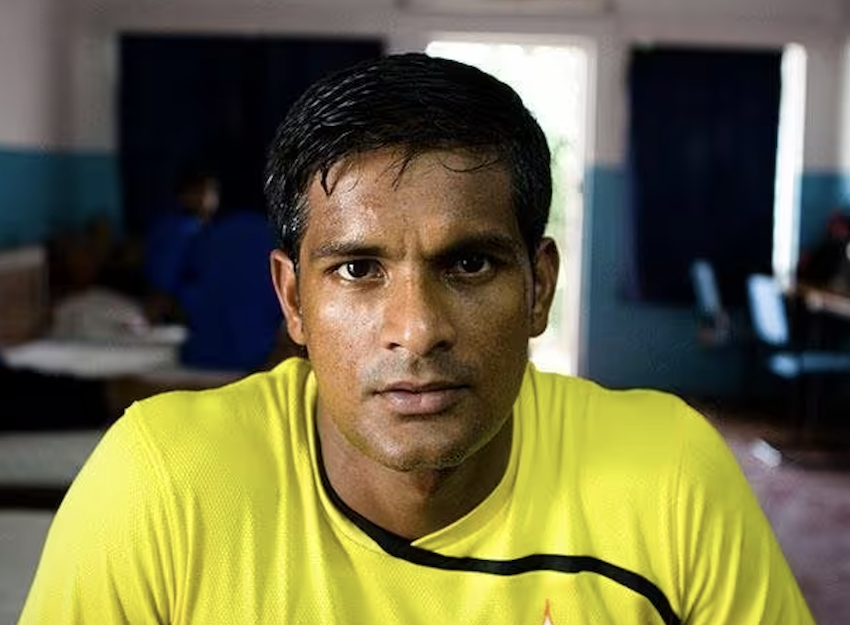
Nicknamed “Spiderman of India,” Subrata Paul is one of India’s finest modern goalkeepers. His heroic saves in the 2011 Asian Cup against South Korea and Bahrain made him a household name. Paul was also vital in India’s 2008 AFC Challenge Cup win. A seasoned professional, he played for several ISL and I-League clubs and had a short stint with FC Vestsjaelland in Denmark. Known for his acrobatic saves and never-say-die spirit, Paul received the Arjuna Award in 2016. He retired on 8th December. In 2023, the AIFF Technical Committee announced on February 21, 2025, that he would be the National Team of the All India Football Federation (AIFF) director. His performances helped inspire a new generation of Indian goalkeepers.
What’s your top 10? Share your list with the ISN readers.



